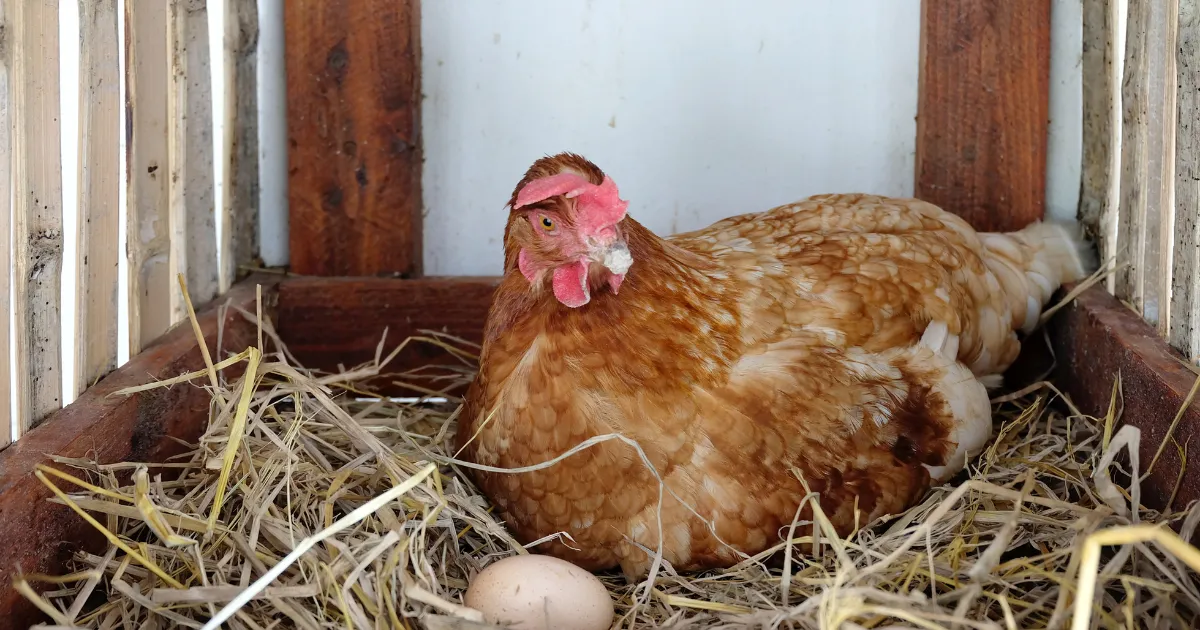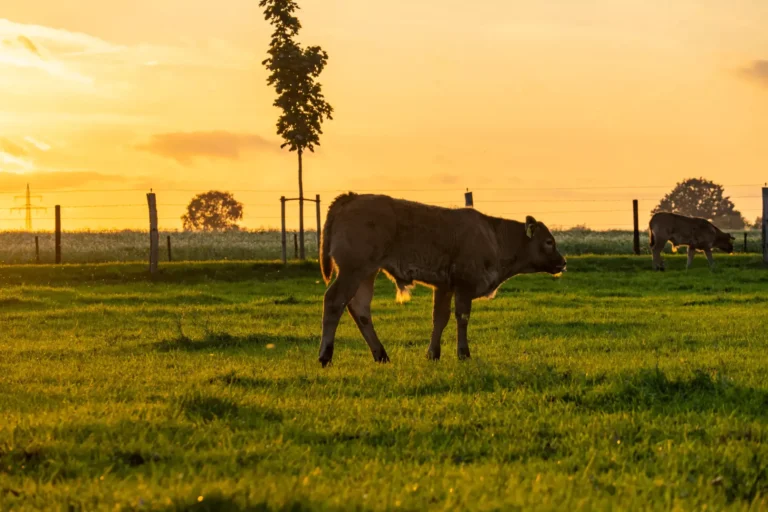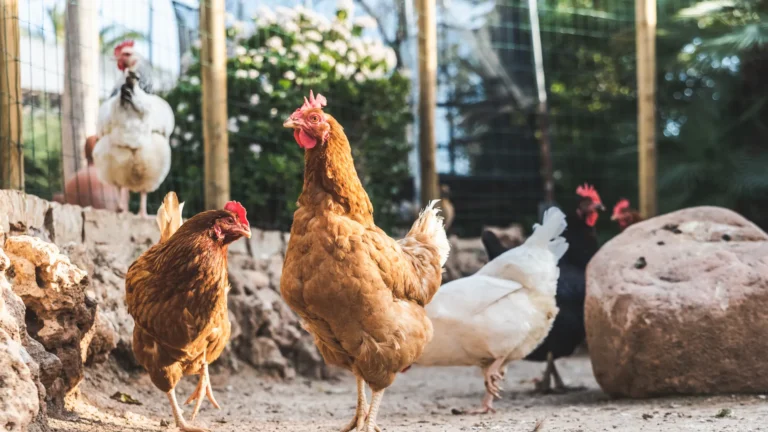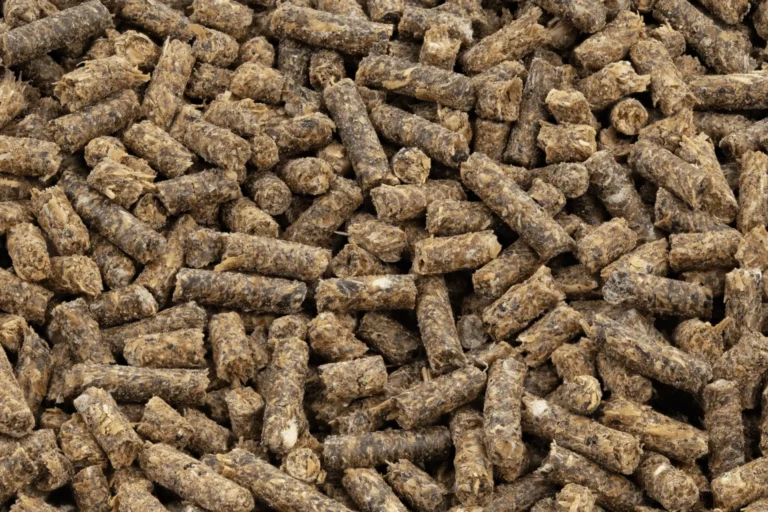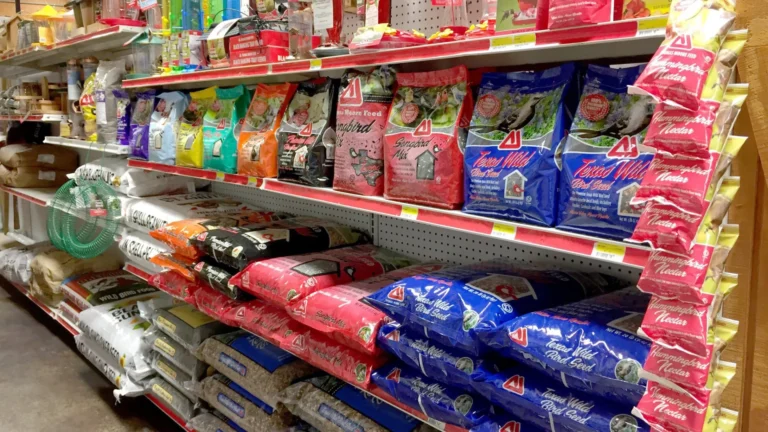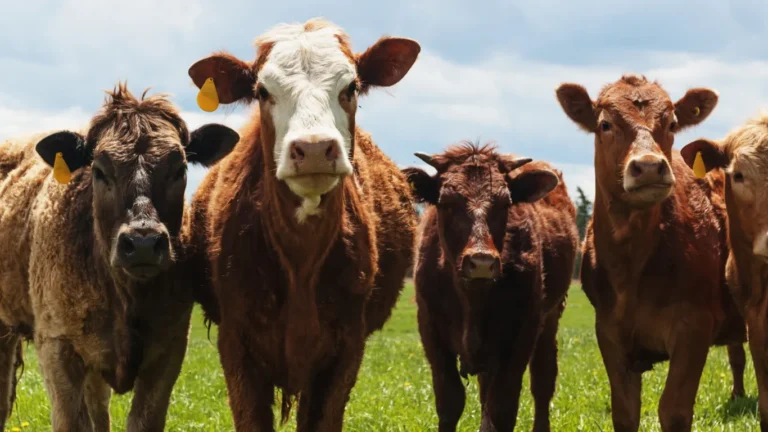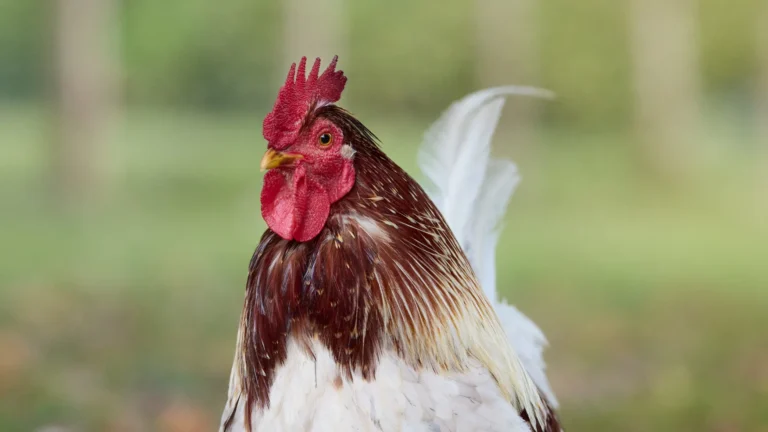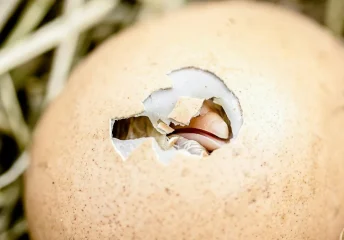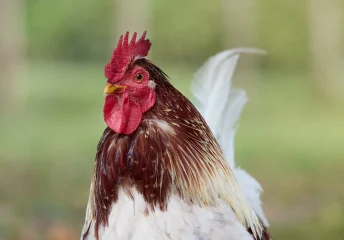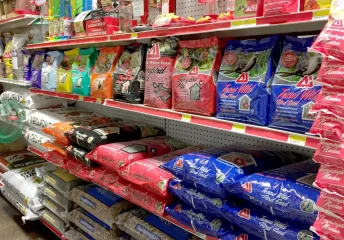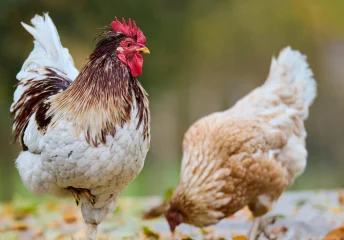From backyard chicken enthusiast to poultry producers, one of the biggest goals is maximizing egg production while keeping hens healthy and happy. What your flock eats plays a major role in how many eggs they lay, the quality of their eggs, and the overall vitality of your hens. Here’s how to boost egg production through nutrition while supporting your hens’ health and immune systems throughout seasonal and age-related changes.
Nutrition Tips to Support Better Egg Production
Good egg production is the result of a balanced nutrition, proper management, and each hens’ individual breed and genetics. Also, with annual molting cycles factoring in, most hens experience a drop in egg production at least once a year. But By supporting your flock through nutrition and offering additional support during times of stress or changing energy requirements, you can help keep egg production numbers stable all year round.
Balance Protein and Energy
Protein fuels egg production and the overall health of your flock. Without enough protein, hens may stop laying or produce smaller eggs, and their body condition score may suffer. Most egg laying breeds need 16-18% protein to maintain health and egg production.
Protein intake should be balanced with energy supplying nutrients like carbs and fats. A complete layer feed ensures that both are met consistently. Textured, pellet, or crumbles are all forms of poultry feed designed to offer maximum nutrition. Scratch grains also offer a nutritional boost with the added bonus of treating your hens by hand.
Don’t Skimp on Calcium and Key Minerals
Calcium is essential for strong eggshells. Hens that don’t get enough calcium in their diet may lay misshapen or thin-shelled eggs, or sometimes eggs with no shell at all. While a one-off occurrence of a strange egg is normal for pullets just beginning to lay, repeat surprises in the nesting box usually points to a mineral deficiency.
If your flock doesn’t free range or shows signs of low calcium, offer a calcium-rich supplement like crushed oyster shells, or by baking and grinding used eggshells to sprinkle back into their feed. These supplements also provide other essential nutrients like phosphorus, vitamin D, and trace minerals like zinc to help support proper egg formation.
Adjust for Molting Season
In the fall, hens will naturally go through a molting cycle. This starts once daylight hours become shorter, and takes anywhere from 6-14 weeks per hen. This process of shedding feathers and regrowing more dense feathers for winter takes a toll on a chickens’ metabolism, and the bulk of their energy will be redirected from egg production to feather regrowth. During this time, egg production often dips or pauses.
Supporting your flock with extra protein during their annual molt will help them recover and promote egg production once the process is complete. Mixing or switching to a higher protein feed during the molting season is an easy way to provide more protein for your flock. And, protein-rich treats like dried mealworms or soldier fly larvae, suet blocks, and alfalfa hay are great options to offer a nutritional boost through their molt and into the colder winter months.
Consider Breed and Production Stage
Not all chickens lay at the same rate. High-production breeds like Leghorns or ISA Browns have greater nutritional demands than dual-purpose or heritage breeds. Similarly, pullets (young hens that are just starting to lay) need extra support as they adjust to the increased demands of egg production. Tailoring feed choices to breed and life stage helps optimize results and supports overall health.
Don’t Overlook Water
Hydration is often overlooked as part of nutrition, but it’s vital for egg production. Clean, fresh water should be available at all times to keep hens healthy and laying well. Adding electrolytes during the summer months will help bolster them through the heat, and apple cider vinegar in the fall will help promote healthy feather regrowth.
Trust Thomas Moore Feed for Your Laying Hens
Boosting egg production starts with the right nutrition, and Thomas Moore Feed has the experience and products to help your flock thrive. From balanced layer pellets to scratch grains, our feed keeps your hens healthy and productive year-round. Find a dealer near you and start feeding Moore.

